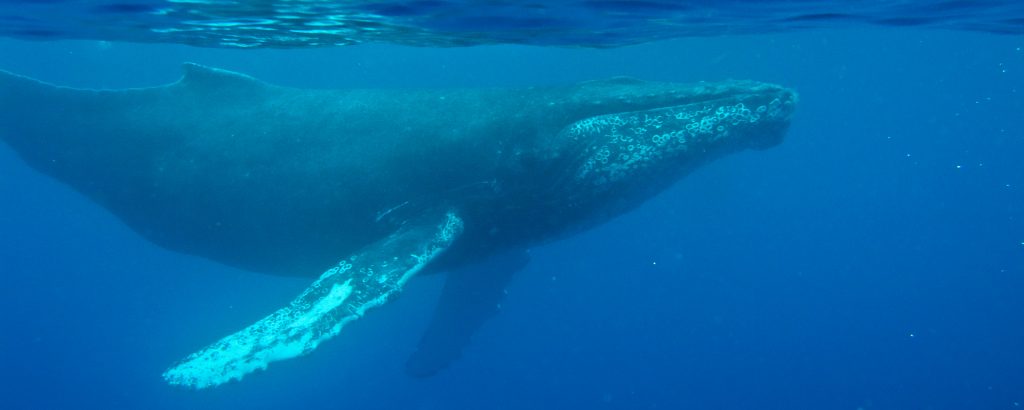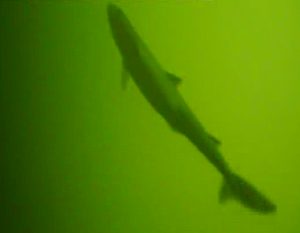Marine Life

Healthy marine life is a source of medicine, food, and oxygen which in turn supports human health. The ocean is diverse, filled with unique organisms ranging from tiny microorganisms to the largest living animals on the planet. These living communities and the non-living factors they come in daily contact with such as salinity, temperature, pH, light, nutrients, oxygen, substrate, circulation, and pressure are what make up the vibrant ocean ecosystems. Through research at Woods Hole Sea Grant, we seek to understand those interactions, the components of healthy ecosystems, and the impacts that human actions have on these delicate systems.
Woods Hole Sea Grant Program elements include:
- Characterization of habitats for resource species and threats to those habitats
- Loss of habitat
- Invasive species
- Biodiversity
Research Projects
Among the important research projects recently supported by WHSG are:
- Source-Sink Dynamics and Habitat Modeling of Northern Sand Lance on Stellwagen Bank and Nantucket Shoals
- Hydraulic Jumps at an Ecological Hotspot: Mechanisms of Zooplankton Accumulation, Temporal Variability, and Ecological Consequences (2016-2018)
- Development of an Automatic Mass Stranding Alert System (2014-2016)
- Mitigating Risk to Whales from Lobster Fishing (2010-2012)
- See a full list of funded projects from 2010-present
Community Engagement
WHSG employs specialists with the Cape Cod Cooperative Extension to create an effective outreach partnership providing reliable technical and science‐based information to distinct groups within our region. Extension and outreach staff share their expertise with communities and individuals, as well as working directly with the management community charged with making regulatory decisions. Their efforts include:
- Teacher workshops
- Classroom visits
- WHOI Ocean Science Discovery Center exhibits
- Outreach events
- Conference talks

